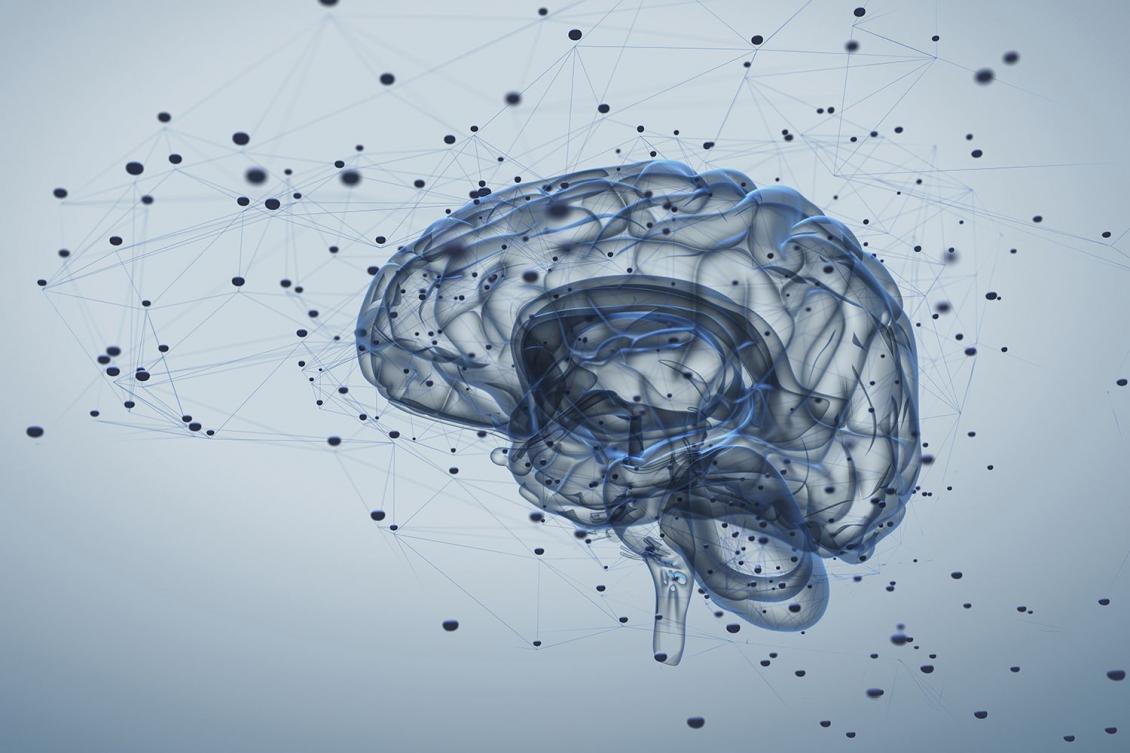Promise seen in possible treatment for autism spectrum disorder

Human chromosome 16p11.2 deletion syndrome is caused by the absence of about 27 genes on chromosome 16. This deletion is characterized by intellectual disability; impaired language, communication, and socialization skills; and autism spectrum disorder or ASD.
Research from the laboratories of Mark Bear at MIT and Jacqueline Crawley at the University of California at Davis, has identified a potential therapeutic for ASD. Researchers found that R-Baclofen reverses cognitive deficits and improves social interactions in two lines of 16p11.2 deletion mice.
The findings, published in the journal Neuropsychopharmacology, have the potential to treat humans with 16p11.2 deletion syndrome and ASD.
“Our collaborative teams found that treatment with the drug R-baclofen improved scores on several learning and memory tasks, and on a standard assay of social behavior, in 16p11.2 mutant mice,” says Crawley, co-senior author of the paper along with Bear.
“This unique corroboration of findings by two independent labs, using two distinct lines of mice with the same mutation, increases confidence that R-baclofen may be an effective pharmacological treatment for some of the symptoms of human 16p11.2 deletion syndrome, including intellectual impairment and autism,” she says.
“These findings are particularly exciting on two fronts,” says Bear, who is the Picower Professor of Neuroscience at MIT. “First, the results show that diverse genetic causes of intellectual disability and autism may converge on a limited number of pathophysiological processes that can be ameliorated pharmacologically. Thus, a treatment for one genetically defined disorder may be beneficial for another with phenotypic overlap. Second, R-Baclofen has a well-understood safety profile and is well-tolerated in children and adults, making clinical studies feasible in the near future.”
Growing knowledge about genetic mutations in people with autism is enabling researchers to evaluate hypothesis-driven pharmacological interventions in terms of their ability to reverse the biological and behavioral consequence of specific mutations that cause autism. One of the genes in the 16p11.2 deletion region regulates the inhibitory neurotransmitter GABA. Researchers tested the hypothesis that increasing GABA neurotransmission using R-baclofen, which binds to GABA-B receptors, could reverse analogous behavioral symptoms in a mouse model of 16p11.2 deletion syndrome.
In the current paper, researchers report the results of animal model studies using two independently derived lines of mutant mice, each missing a chromosomal region analogous to human 16p11.2. Normal and mutant mice at both labs were tested after receiving R-baclofen in their drinking water on three tasks: novel object recognition, object location memory, and contextual recognition learning and memory. In addition, R-baclofen treated mutant mice scored better after treatment on each cognitive task than the untreated mutant mice. R-baclofen also increased scores on a standard assay of mouse social behaviors — male-female reciprocal social interactions — in the 16p11.2 mutant mice.
This study suggests that R-baclofen should be explored for the treatment of cognitive phenotypes in affected humans.

